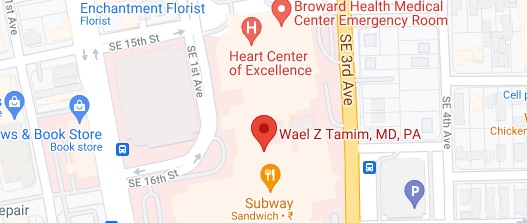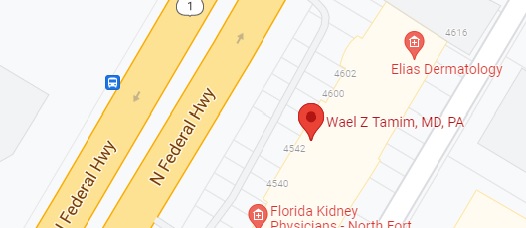
What are Esophageal Disorders?
Esophageal disorders are diseases or conditions that affect the structure and function of the esophagus, the muscular tube that connects the throat to the stomach and serves to transport food and liquids from the oral cavity to the stomach. If left untreated, esophageal disorders can lead to malnutrition and other serious health complications.
Types of Esophageal Disorders
The various esophageal disorders include:
- Esophagitis: This is inflammation of the esophagus which may be caused by an overflow of the stomach contents into the esophagus, infection, certain medications, or allergies.
- Gastroesophageal Reflux Disease (GERD): This is a chronic condition in which digestive enzymes from the stomach overflow into the esophagus.
- Esophageal strictures: This condition is characterized by narrowing of certain parts of the esophagus which can lead to difficulty swallowing.
- Hiatal Hernia: It is a condition in which the upper part of the stomach bulges through the diaphragm into the chest cavity. It may be caused due to an injury or age-related changes to the diaphragm.
- Achalasia: This is a motor disorder that is characterized by loss of rhythmic muscle contraction which propels food through the esophagus.
- Barrett’s esophagus: This is a condition in which there is damage to the inner lining of the esophagus by stomach acid and the cells in this region are replaced by cells that are similar to the cells lining the stomach.
- Esophageal Cancer:The condition is characterized by the development of a malignant tumor that originates in the esophagus.
Symptoms of Esophageal Disorders
Common symptoms of esophageal disorders include:
- Pain while swallowing
- Difficulty swallowing
- Feeling as though food gets stuck in the throat
- Worsening heartburn sensation
Diagnosis of Esophageal Disorders
A diagnosis of esophageal disorders is made based on symptoms, physical examination, and tests that include:
- Neck X-rays: These are performed to examine the hard and soft tissues in the neck region to look for any abnormalities that may be causing swallowing problems or other symptoms of esophageal disorders.
- Esophagogram or Barium Swallow: This is an imaging test that involves drinking a liquid containing barium that absorbs X-rays which allows a radiologist to see the mucosal lining and the swallowing action of the esophagus.
- Upper GI Endoscopy: This procedure involves the use of an endoscope, which is a flexible tube containing a miniature camera and a light source, to examine the lining of the esophagus.
- Laboratory Tests: A sample of tissue may be obtained with an endoscopy which is sent to the laboratory to identify infection, allergic conditions, or precancerous changes in the esophagus.
Treatment of Esophageal Disorders
Treatment of esophageal disorders will vary depending on the diagnosis and can include the following:
- Diet and lifestyle changes
- Medications
- Endoscopic ablative therapy
- Endoscopic mucosal resection
- Anti-reflux surgery
- Minimally invasive esophageal surgery


